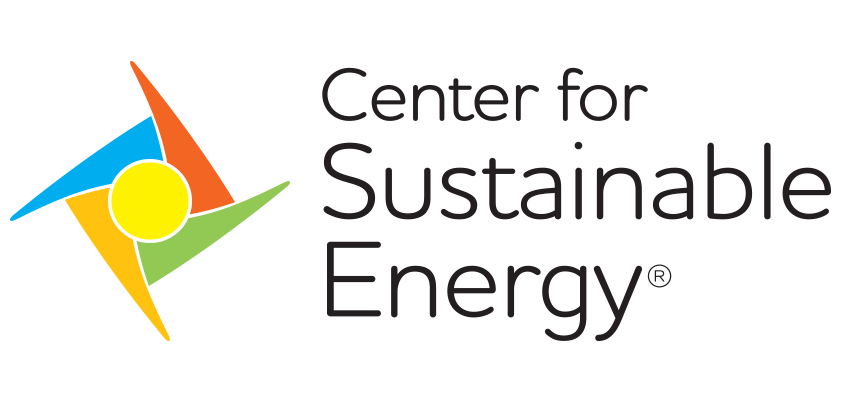

New funds to quickly deploy EV chargers in disadvantaged and low-income communities
In January, the California Energy Commission (CEC) will launch a $30 million equity-focused rebate project to help businesses, nonprofits, tribes and public entities in disadvantaged and low-income communities in 30 counties install electric vehicle fast chargers.
The Golden State Priority Project is the largest California Electric Vehicle Infrastructure Project to date and the first to focus exclusively on fast chargers in disadvantaged and low-income communities. Direct current fast chargers (DCFCs) can charge EV batteries to near full capacity in 15-30 minutes. Rebates are available for project sites in eastern and central California disadvantaged and low-income communities as defined by the California Climate Investments Priority Populations Map.
Rebates for eligible equipment may equal up to 50% of the project’s total costs or up to $100,000 based on charger capacities, according to the Center for Sustainable Energy (CSE), the CALeVIP administrator. Qualified applicants will have funding reserved based on a tiered application selection process that prioritizes shovel-ready projects.
The new funding comes as electric vehicle (EV) sales continue to climb in California, currently accounting for nearly 18% of all new car sales.
“CALeVIP is designed to deploy charging infrastructure swiftly and equitably to make sure drivers feel confident they can refuel their electric cars, and that need is especially critical in rural and low-income communities,” said CEC Commissioner Patty Monahan. “This new batch of funds will help fill the gap in those areas where we know charging is needed the most to bring the benefits of clean transportation to all Californians.”
“Expanding charging opportunities in disadvantaged and low-income communities will give residents greater confidence to buy an EV,” said Junaid Faruq, CSE’s CALeVIP program manager. “The Golden State Priority Project will introduce streamlined application processes and a new website that makes it easier to apply for rebates and prioritizes getting chargers deployed quickly.”
Applications for rebates will open January 24, 2023. Interested property owners and managers, EV service providers, electrical contractors and others can learn about project requirements and how to apply by viewing the webinar Preparing for the Golden State Priority Project.
CALeVIP addresses local and regional EV charging station needs and supports efforts to meet the state’s zero-emission vehicle goals. Over the past five years, CALeVIP has made over $200 million in funding available for EV charging in 36 counties.
CALeVIP funding comes from the Energy Commission’s Clean Transportation Program, which is investing $1.4 billion during 2021-24 to speed up the state’s build out of zero-emission vehicle infrastructure.
For detailed rebate project information, visit the Golden State Priority Project website.
# # #
Golden State Priority Project Funding at a Glance
- Available in 30 counties in central and eastern California.
- Exclusively for disadvantaged and low-income communities.
- For DC fast chargers with a minimum of 150 kW per connector.
- Covers up to 50% of total approved costs, capped at $50,000 for chargers ranging from 150 kW–274.99 kW per active connector and up to $100,000 for 275 kW or more per active connector.
- Webinar for property owners and managers, EV service providers, electrical contractors and others to learn how to apply.
- Applications for rebates will open January 24, 2023.
Counties in the Golden State Priority Project
Central Region Counties |
Eastern Region Counties |
|---|---|
|
|

